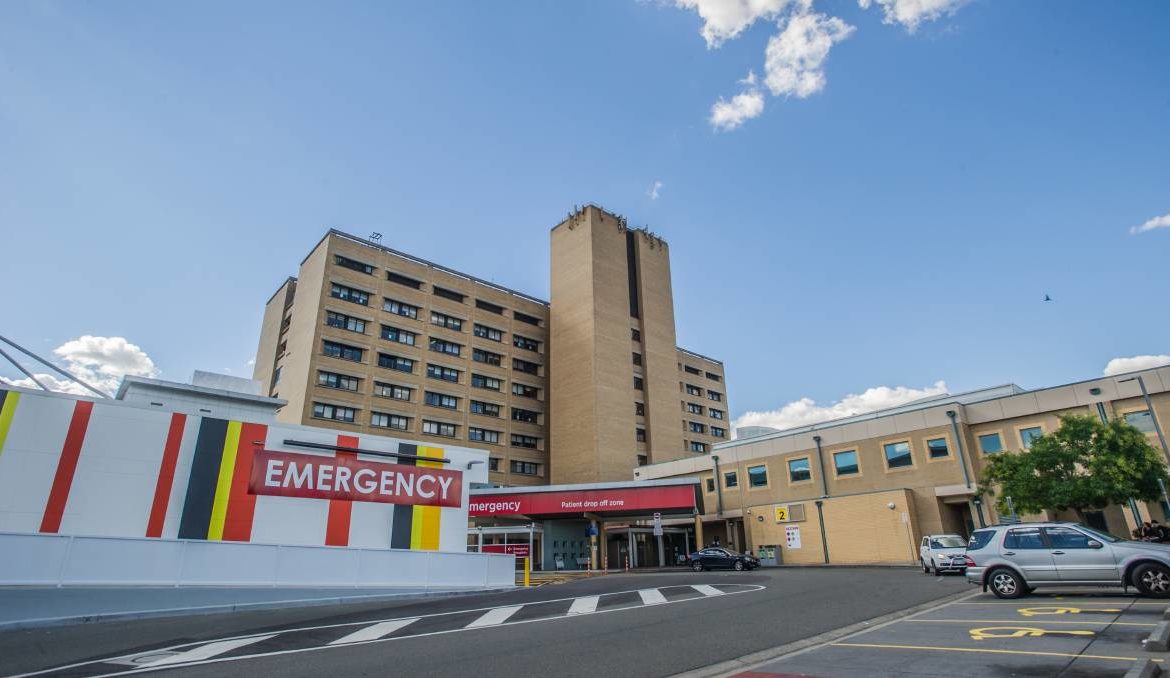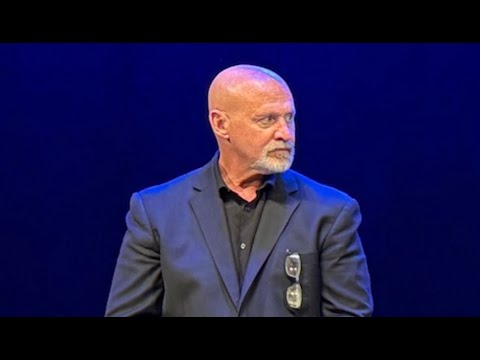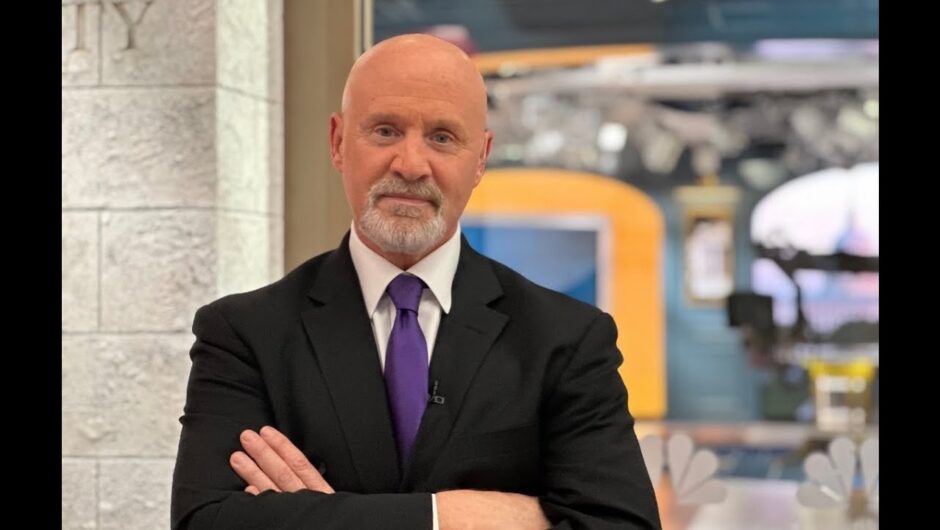news, health,
Canberra’s trainee doctors are facing a disproportionately high fail rate due to concerning levels of burnout and poor workplace culture, an internally commissioned review has revealed. It found doctors have worked unsafe hours and their enterprise bargaining agreement had been breached. Canberra Health Services executive director of medical services Dr Nick Coatsworth says recent improvements, such as dedicated teaching time, have boosted junior doctor morale. The report, completed by two external experts, was commissioned by the organisation after two consecutive years of high exam failure rates among Canberra’s trainee physicians. Just 37 per cent of doctors passed their clinical exams in 2019, well below the Australian average of 70 per cent. The report, released under freedom of information laws, found the poor results among the basic physician trainees could likely be attributed to high levels of burnout. Doctors enter the trainee program, a pathway to specialist training, after at least one year as an intern. Almost 80 per cent of ACT trainees were suffering from burnout, well above the international average of 51 per cent. There was an overwhelming sense that clinical staff did not feel valued by the system, and that “good people” were failing exams. Trainees often witnessed senior clinician conflict and there was no culture of mentorship at ACT hospitals, the report said. There were several trainee doctors who reported working 12 consecutive days, followed by two days off, only to work a further 12 consecutive days. “Interviews with trainees and audits of rosters revealed that the [enterprise agreement], safe working hours are often breached,” the report said. “Trainees reported having their leave revoked in 2019, even when air tickets had already been purchased.” Multiple junior doctors at Calvary Hospital said their pay had been deducted for being 10 minutes late, despite accumulating hours of unpaid overtime. The report said candidates who had failed exams did not appear to have a clear plan to improve their chances of passing. “One response was ‘work harder’ despite acknowledging they had worked as hard as they could. Another response was ‘I don’t know – I will pray’,” the report read. There were several “concerning” stories about coercion to come to work despite requesting sick leave, with trainees told the system was desperate and not able to cover their absence. Some senior clinicians at Canberra and Calvary hospitals who had traditionally taught the trainee physicians had become disengaged, possibly due to their own excessive workloads, the report said. They had no incentives to teach and experienced low levels of morale. “[There has been] turnover of staff in senior positions who had contributed heavily to the teaching program. New appointments have not taken on the same teaching contributions,” the report said. Fewer than half the doctors in training who completed a survey would recommend the training program to a junior colleague. Dr Coatsworth said the organisation had already implemented a number of initiatives to meet the review’s recommendations. This has included implementing mandated teaching time during work hours, a review of rostering and leave processes, and increased interaction between the doctors and the director of physician training. “The findings are concerning for any hospital that wants to nurture its physician trainees and give them the best possible learning environment,” he said. “But at the same time the reason we commissioned the review was because we wanted experienced reviewers to give their perspective. “It’s always important if you’ve got things you want to change to get an external point of view.” Dr Coatsworth said the training program was often one of the most stressful parts doctors’ careers. “You need time to decompress, you need a proper time management program,” he said. “We want these doctors to be focused on their own well being because they have to be in a good space to provide exceptional healthcare.” READ MORE: He said the organisation believed morale among trainees had improved over recent months, and hoped it would be reflected in the upcoming exam pass rates. Earlier in the year, the Medical Board of Australia’s first national training survey of almost 10,000 doctors found ACT doctors had the worst workplace experience of any state or territory. Canberra’s public health system has been dogged by reports of poor culture for years, but the government has resisted holding a board of inquiry as called for by the Australian Medical Association and opposition. Instead, in 2018 it announced an independent review into the system, which last year found alarming levels of bullying and harassment,
/images/transform/v1/crop/frm/fdcx/doc6udprzq2xyrbp0i2iie.jpg/r10_218_4245_2611_w1200_h678_fmax.jpg
Canberra’s trainee doctors are facing a disproportionately high fail rate due to concerning levels of burnout and poor workplace culture, an internally commissioned review has revealed.
It found doctors have worked unsafe hours and their enterprise bargaining agreement had been breached.
Canberra Health Services executive director of medical services Dr Nick Coatsworth says recent improvements, such as dedicated teaching time, have boosted junior doctor morale.
The report, completed by two external experts, was commissioned by the organisation after two consecutive years of high exam failure rates among Canberra’s trainee physicians.
Just 37 per cent of doctors passed their clinical exams in 2019, well below the Australian average of 70 per cent.
The report, released under freedom of information laws, found the poor results among the basic physician trainees could likely be attributed to high levels of burnout.
Doctors enter the trainee program, a pathway to specialist training, after at least one year as an intern.
Almost 80 per cent of ACT trainees were suffering from burnout, well above the international average of 51 per cent. There was an overwhelming sense that clinical staff did not feel valued by the system, and that “good people” were failing exams.
Trainees often witnessed senior clinician conflict and there was no culture of mentorship at ACT hospitals, the report said.
There were several trainee doctors who reported working 12 consecutive days, followed by two days off, only to work a further 12 consecutive days.
“Interviews with trainees and audits of rosters revealed that the [enterprise agreement], safe working hours are often breached,” the report said.
“Trainees reported having their leave revoked in 2019, even when air tickets had already been purchased.”
Multiple junior doctors at Calvary Hospital said their pay had been deducted for being 10 minutes late, despite accumulating hours of unpaid overtime.
The report said candidates who had failed exams did not appear to have a clear plan to improve their chances of passing.
“One response was ‘work harder’ despite acknowledging they had worked as hard as they could. Another response was ‘I don’t know – I will pray’,” the report read.
There were several “concerning” stories about coercion to come to work despite requesting sick leave, with trainees told the system was desperate and not able to cover their absence.
Some senior clinicians at Canberra and Calvary hospitals who had traditionally taught the trainee physicians had become disengaged, possibly due to their own excessive workloads, the report said.
They had no incentives to teach and experienced low levels of morale.
“[There has been] turnover of staff in senior positions who had contributed heavily to the teaching program. New appointments have not taken on the same teaching contributions,” the report said.
Fewer than half the doctors in training who completed a survey would recommend the training program to a junior colleague.
Dr Coatsworth said the organisation had already implemented a number of initiatives to meet the review’s recommendations.
Canberra Health Services executive director of medical services Dr Nick Coatsworth. Picture: Karleen Minney
This has included implementing mandated teaching time during work hours, a review of rostering and leave processes, and increased interaction between the doctors and the director of physician training.
“The findings are concerning for any hospital that wants to nurture its physician trainees and give them the best possible learning environment,” he said.
“But at the same time the reason we commissioned the review was because we wanted experienced reviewers to give their perspective.
“It’s always important if you’ve got things you want to change to get an external point of view.”
Dr Coatsworth said the training program was often one of the most stressful parts doctors’ careers.
“You need time to decompress, you need a proper time management program,” he said.
“We want these doctors to be focused on their own well being because they have to be in a good space to provide exceptional healthcare.”
He said the organisation believed morale among trainees had improved over recent months, and hoped it would be reflected in the upcoming exam pass rates.
Canberra’s public health system has been dogged by reports of poor culture for years, but the government has resisted holding a board of inquiry as called for by the Australian Medical Association and opposition.
Instead, in 2018 it announced an independent review into the system, which last year found alarming levels of bullying and harassment,







